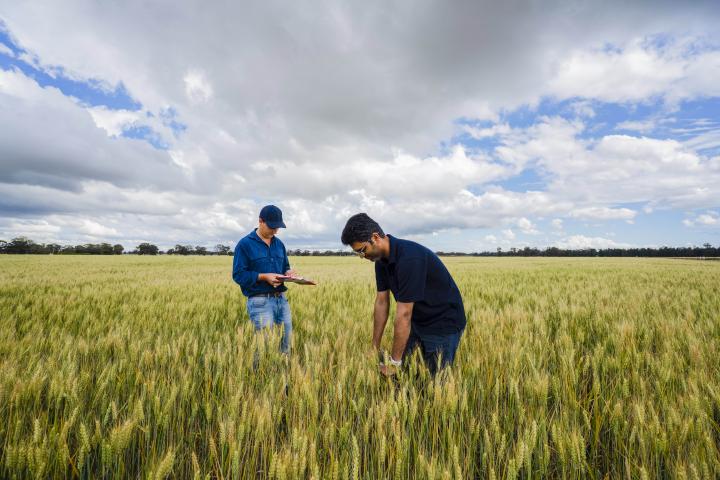Support during health-related changes: Queensland Teachers' Union
Find out how the Queensland Teachers’ Union (QTU) supports their female workers through menopause.
- Education and Training
- QLD

- QTU recognised it did not have any policies and practices supporting the menopause transition, a significant gap for an organisation where 80% of workers are women.
- To address the gap, QTU worked with a workplace wellbeing advisor to create and implement a strategy to become a menopause-friendly organisation.
- The menopause project included workshops for workers, education materials and training for all managers.
- The program helped normalise discussions about menopause in the workplace. Feedback from workers and managers was positive.
- 92% of staff thought the initiative was ‘great’ or ‘good.
- Before the project only 7% of managers felt confident having a comfortable and constructive conversation with a female staff member about menopause. After the manager training, 100% felt confident to do so.
- By the end of the project twice as many people rated menopause as a pathway to an empowering life stage (from 29% to 59%).



